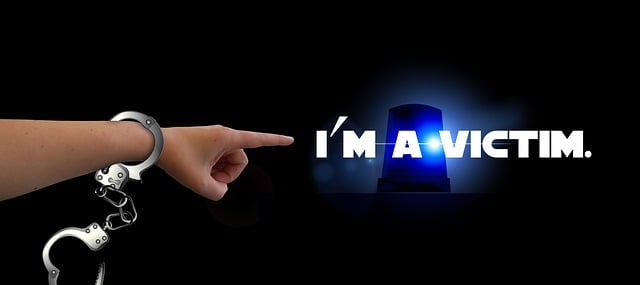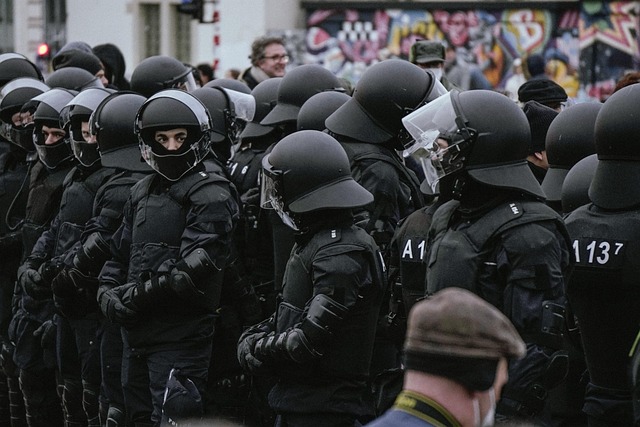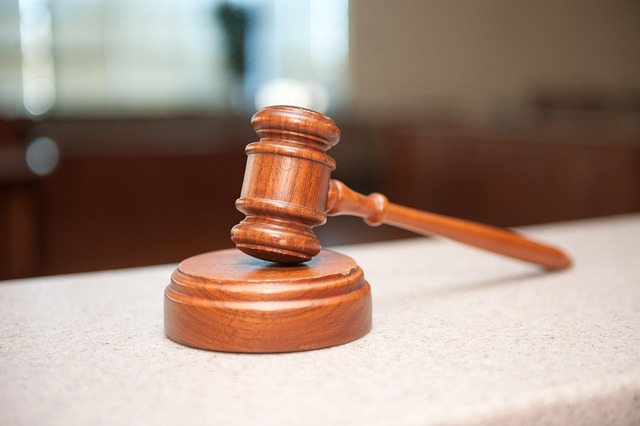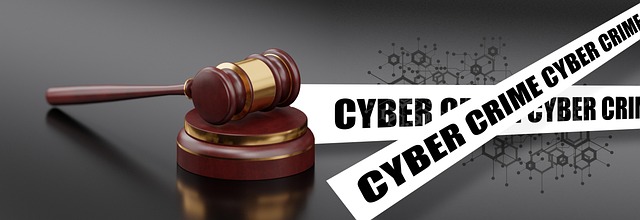Criminal law cases, ranging from violent to white-collar offenses, are complex legal battles aimed at upholding social order and administering justice. The Statute of Limitations for Libel Cases, a crucial factor in white-collar defense, dictates a one-year period from publication or discovery for victims to file suit, influencing strategic decisions and mitigating risks of indictment. Recent developments include re-examining time limits and increasing reliance on digital evidence, reflecting the evolving nature of criminal law and its adaptation to modern societal needs.
“Delve into the intriguing world of criminal law cases, where understanding the intricacies of justice is key. This article offers a comprehensive overview, exploring the fundamental concepts and recent developments that shape legal proceedings. From the Statute of Limitations for libel cases—a crucial aspect in managing time-sensitive claims—to the dynamic role of statutes in defining crimes, every element matters. Get ready to navigate through the complex landscape, where every case is a testament to the evolving nature of criminal law.”
- Understanding Criminal Law Cases: An Overview
- The Role of the Statute of Limitations in Libel Claims
- Key Considerations and Recent Developments in Criminal Law Cases
Understanding Criminal Law Cases: An Overview

Criminal law cases encompass a wide range of legal proceedings aimed at upholding societal norms and ensuring justice for victims. Understanding these cases involves grasping the intricate interplay between laws, evidence, and fair trials. At their core, criminal offenses are categorized into various types, from violent crimes to white-collar and economic offenses, each with its own set of penalties and legal defenses.
Delving into the process, law enforcement agencies play a pivotal role in investigating allegations, gathering evidence, and presenting cases to prosecutors. The Statute of Limitations for Libel cases is just one aspect of this complex system, dictating time frames within which legal actions must be initiated. An unprecedented track record of successful prosecutions in all stages of investigative and enforcement processes underscores the effectiveness of these laws in addressing criminal activities, ensuring a balanced approach to justice.
The Role of the Statute of Limitations in Libel Claims

In libel cases, the Statute of Limitations plays a pivotal role in determining the timeframe within which legal actions can be initiated. This legal concept sets forth a specific period after an alleged libellous act occurs for the victim to file a lawsuit. The primary purpose is to ensure that accusations are pursued promptly, balancing the rights of both plaintiffs and defendants. For libel cases, this period is generally limited to one year from the date of publication or the discovery of the libel, whichever is later.
Understanding the Statute of Limitations is crucial for both corporate and individual clients involved in white collar defense. It dictates strategic decisions on timing, especially when dealing with complex matters that may take time to uncover and investigate. Lawyers specializing in this field must be adept at navigating these limitations to help their clients avoid potential legal pitfalls and, ultimately, avoiding indictment. Effective planning and prompt action are essential to protect interests and ensure the best possible outcome in libel-related disputes.
Key Considerations and Recent Developments in Criminal Law Cases
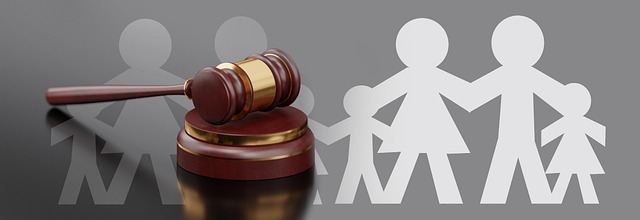
In recent years, criminal law cases have witnessed a series of key considerations and notable developments. One significant aspect that has gained prominence is the re-examination of time limits, particularly the Statute of Limitations for libel cases. This legal concept dictates the period within which accusations must be brought forward, with variations across jurisdictions affecting how respective businesses navigate investigative and enforcement processes. Understanding these nuances is crucial in ensuring fair practices throughout all stages of criminal investigations and prosecutions across the country.
Moreover, recent trends highlight a growing focus on digital evidence and its admissibility in court. As technology advances, so does the complexity of presenting and challenging electronic data. Legal professionals must stay abreast of evolving guidelines to determine the validity and reliability of digital information gathered during all stages of the investigative and enforcement process. This shift in emphasis underscores the dynamic nature of criminal law, demanding continuous adaptation to meet the demands of modern society.
In summary, understanding criminal law cases necessitates a comprehensive grasp of statutory limitations, particularly in libel claims. The Statute of Limitations for Libel Cases plays a pivotal role in ensuring justice and fairness by setting deadlines for filing suits. Recent developments have further nuanced this area, highlighting the dynamic nature of criminal law. By staying informed about these advancements, legal professionals can navigate complex cases effectively, thereby upholding the integrity of the justice system.



